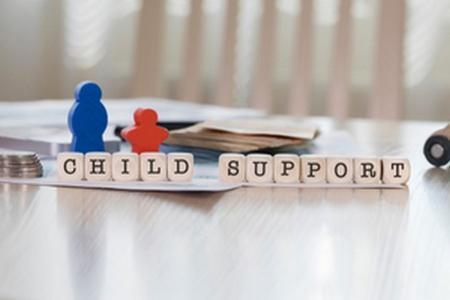High-Income Parents and Child Support in Illinois: Three Things You Should Know
 When parents of children under 18 years old get divorced, child support payments are almost always involved. Under Illinois law, both parents are responsible for providing their children with reliable financial support and, using both parents’ incomes, Illinois has a formula to help determine roughly what child support payments will be.
When parents of children under 18 years old get divorced, child support payments are almost always involved. Under Illinois law, both parents are responsible for providing their children with reliable financial support and, using both parents’ incomes, Illinois has a formula to help determine roughly what child support payments will be.
However, many parents in Illinois have income levels that far exceed the parameters laid out by the Income Shares formula. When this happens, it can be much harder to predict child support payments. If you or your spouse is a high earner, here are three things to know about child support in Illinois.
The Court Must Approve Any Child Support Agreements
In a perfect world, divorcing parents would agree on everything and the divorce process would be smooth and uncontested. In the real world, this is rarely the case - especially when large amounts of money are at stake. Sometimes parents can agree on a child support payment amount. However, if they do so, they must get the child support arrangement approved by the court. Under Illinois law, a parent may not forfeit his or her right to child support from the other parent. Child support payments are for the child’s benefit. The court will want to ensure that the payment amount will reasonably meet the child’s financial needs.
Judges Consider the Child’s Best Interests First and Foremost
Illinois is particularly concerned with a child’s best interests in all areas of family law. When parents cannot agree on child support and a judge must intervene, he or she will is required by law to consider many factors that will help determine the child’s best interests, including:
-
What would the child’s quality of life have been like if the parents had not gotten divorced?
-
What are the child’s physical and emotional needs?
-
What are the child’s educational needs?
-
What are both parents’ incomes and assets?
Because the answers to these questions can be somewhat subjective, child support payments can vary widely.
The Receiving Parent Does Not Need to Account For How Funds Are Spent
Many parents who feel they are paying exorbitant amounts in child support feel frustrated because they believe the receiving parent is using child support funds for themselves. Even if this is true, as long as the children’s needs are appropriately met, the parent receiving child support does not need to account for how the funds are used.
Call a DuPage County Child Support Lawyer
Whether you are the parent making payments or the parent trying to recover them, handling child support is nearly always an unpleasant business. Fortunately, having experienced legal help can make the process easier. The Naperville, IL child support attorneys with Mevorah & Giglio Law Offices take an aggressive but down-to-earth approach to get your child support problems solved now and in the future. Whether you are getting divorced or petitioning for a child support order modification, schedule a free consultation today by calling us at 630-932-9100 to learn more about what we can do for you.
 English,
English,
 Spanish,
Spanish,
 Polish,
Polish,
 Urdu
Urdu













 Make a Payment
Make a Payment



